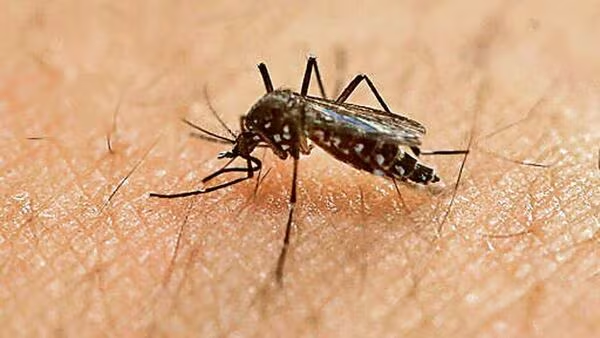Since June, Pune city has been facing a Zika virus outbreak, with over 73 confirmed cases. Among those affected are 32 pregnant women. The Pune Municipal Corporation (PMC) health department has reassured that so far, no abnormalities have been detected in the fetuses of these women.
Current Status of Pregnant Women
Dr. Suryakant Devkar, Assistant Health Officer of PMC, shared that anomaly scans of 22 out of the 32 pregnant women, as well as a nuchal translucency (NT) scan of one woman, have shown normal results. For the remaining nine women, who are between 11 and 34 weeks pregnant, further tests will be conducted to ensure that their babies are not affected by the virus.
Zika Virus Transmission and Testing Guidelines
According to the Ministry of Health and Family Welfare (MoHFW), Zika virus can spread through mosquito bites, from mother to fetus, and during sexual transmission. Pregnant women living in areas with ongoing Zika transmission should be tested for the virus. Asymptomatic women should be tested during their first antenatal visit or if they develop symptoms. If the first test is negative, another test should be done at 28 weeks of pregnancy.
The Virus in Pune: A Closer Look
Scientists from the Indian Council of Medical Research – National Institute of Virology (NIV), Pune, have studied the virus strain found in Pune. Whole genome sequencing from patients in the Erandwane area revealed that the virus belongs to the Asian strain. Dr. Rajesh Karyakarte, head of the Microbiology Department at B J Medical College, explained that Zika virus has two main lineages: Asian and African. “Interestingly, before 2015, ZIKV infections were mainly limited to Africa and Asia, where symptoms were mild and not associated with serious pathology. However, the outbreak in Brazil in 2015 drew international attention to ZIKV due to its correlation with severe neurological impairments, including microcephaly and Guillain–Barré syndrome. Phylogenetic analyses show that the Asian lineage is responsible for recent epidemics,” Dr. Karyakarte said.
Importance of Ultrasound Scans
The MoHFW guidelines recommend that all pregnant women should have two ultrasound scans. The first should be done between 18 to 20 weeks, and the second between 28 to 30 weeks. Additional ultrasounds may be required based on the discretion of the treating gynecologist and radiologist.
Preventive Measures and Ongoing Monitoring
Dr. Radhakishan Pawar, Joint Director of Health Services and State Head for Vector-Borne Disease Control Program, stressed the importance of preventive measures against mosquito bites and regular prenatal care. The anomaly and NT scans are crucial for detecting any early abnormalities. “The pregnancy of Zika-infected women will be closely monitored by the health department,” Dr. Pawar said.
Zika virus is mainly spread by the Aedes mosquito, which also transmits dengue and chikungunya. Most people with Zika either show no symptoms or experience mild ones like fever, rash, conjunctivitis, body aches, and joint pain. However, Zika can cause serious complications in pregnant women, including congenital microcephaly and Guillain-Barre syndrome.

